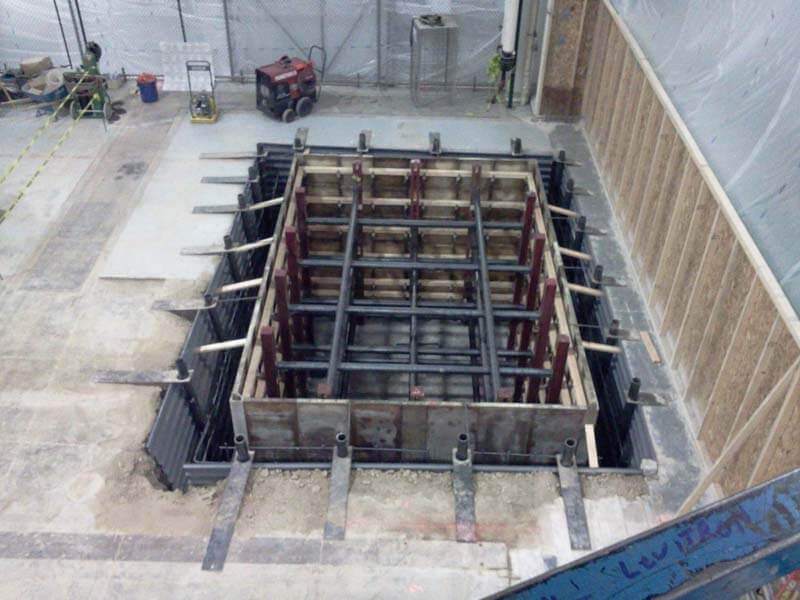
To the untrained eye, a commercial construction site and an industrial construction site may not look very different. In fact, most people use the terms interchangeably. Professionals who work in both construction types know there are challenges and processes that are unique to each type. The key is looking beyond the obvious similarities to find the specific factors that set them apart.
Permitting Process
Most big construction projects require some type of permitting. In some jurisdictions, even putting up a sign may attract the legal attention of local officials. Commercial construction permitting tends to focus on zoning requirements, general safety and occupancy requirements. Once met, a business can open its doors with ease.
Of the two construction types, industrial sites have more compliance factors to take into consideration. This is especially true if the company handles, stores or manufacturers hazardous material. Satisfying these guidelines, in addition to commercial guidelines, can tack on weeks or months to the process. It may also necessitate specialized expertise.
Site Planning
Once construction companies have the green light to start working, it’s time to create a plan for how the construction site will play out. At this point, the lead contractor will meet with the client to determine what the most important concerns are. Engineers will then need to determine the best way to work around these design flaws.
Both construction types want to limit how construction affects operations as much as possible. The difference is in the how. Commercial construction site planning focuses on keeping businesses accessible to customers and presentable to the public. Industrial construction sites are less concerned about being presentable and more focused on logistics, such as power consumption allocation.
Design Process
The design process is one of the most exciting parts of the project for the client and the contractor. It allows both parties to blend needs and wants and bring ideas to life. However, the design language for a business frequented by the public or consumers is much different from the industrial design language. The fact that many commercial spaces are taking on industrial aesthetics does little, if anything, to change this.
For both construction types, traffic flow is important, but the reasons are different. Commercial construction sites need to prioritize the easy and functional flow of traffic to maximize how long customers spend in spaces and encourage lingering. Industrial construction designs favor floorplans that prioritize the following:
- Keeping traffic moving
- Reducing lingering
- Enhancing productivity
- Improving efficiency
Infrastructure Support
Commercial construction sites do not differ terribly from how homes are constructed. In fact, some commercial construction sites are for long-term or short-term residential use, such as hotels, nursing homes and apartment buildings. The infrastructure generally includes HVAC systems, the ability to control smaller ecosystems within the whole and some provisions for larger power consumption.
Of the two construction types, manufacturing requires the strongest supporting infrastructure. This includes not just provisions for massive power consumption, but also waste management. This can drastically change the materials and expertise required.
Project Management
Most project managers can handle the average commercial construction site. The contractors they hire may also not differ much from what is required for larger residential projects. For instance, project managers may need to focus on organizing plumbers, electricians and interior designers.
Both construction types require these skill sets, but industrial construction sites also require advanced and specialized skills. These may include large-scale installations, equipment assembly and custom fabrication. Project managers may also need to handle the complex logistics systems that may become necessary to move oversized loads when plants expand or move locations.
Without a doubt, industrial and commercial construction sites are very similar. Even so, the main distinguishing factors for both construction types can all be tied back to priorities, functions and logistics.
Receive your free quote today or call us today at (888) 833-8776 to learn how we can complete your next industrial project.


